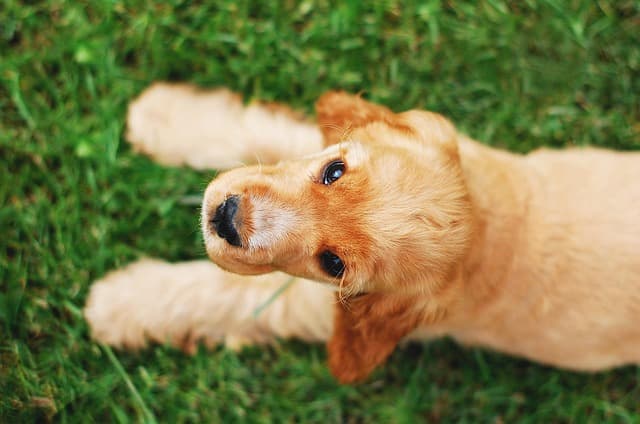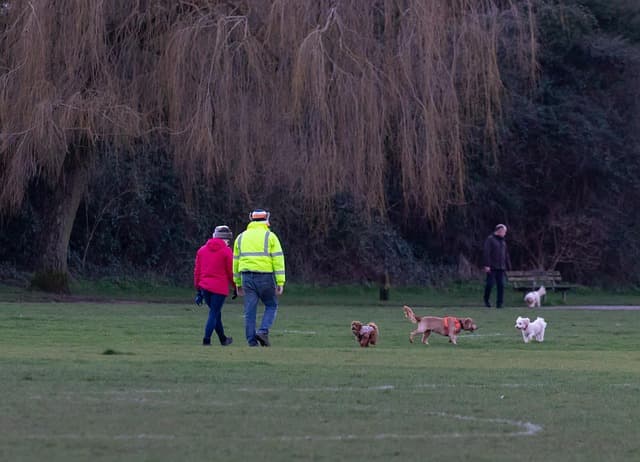Decided to get a puppy? Congratulations! In this article, let’s talk about how to choose the right puppy and what you need to know before buying.
Are you ready for responsibility?
A puppy is not a toy, but a big responsibility that you are taking on for at least 10 or even 15 years. Before you choose a pet, answer honestly to yourself the question, “Why do you want one?”.
It’s important to remember that with a dog, your daily routine will change: you’ll have to get up earlier, take more walks, and plan your vacation in advance. Are you ready for this? If so, let’s move on.
Choosing a breed
Breed is not only about the appearance, but also about the character of the dog. You should be prepared for all the peculiarities of the pet.
What is important to consider when choosing a breed:
- weight and dimensions of the adult pet;
- activity.
For example, huskies are a very cute and cute breed, however, it requires daily and long walks, not everyone has so much time and energy.
- grooming.
Remember: four-legged dogs with long, light-colored hair are more difficult to care for than smooth-haired dogs. Keep this in mind when choosing a pet.
- longevity and disease.
Unfortunately, this is also something you need to think about in advance. Large dogs live shorter lives than small dogs. If you are choosing a pet for a child, remember that the loss of a four-legged dog will be a great loss for them.
- destination.
You may be selecting a pet for a specific purpose. For example, for hunting or home defense. Then you should carefully consider breeds that have been bred for this purpose.
Gathering information about the kennel
With the advent of the internet, finding a kennel is easy. However, it is still the most proven way to find a breeder through acquaintances. If none of them can recommend, then we search the Internet ourselves. Be sure to read the reviews and make sure there are no bad ones.
Choosing the right breeder is a really big and difficult endeavor.
What you need to know:
- A good breeder guarantees the purity of the breed and does not hide information about the puppy’s diseases.
- Helps in the matter of education and care. You can contact him after the puppy has moved to a new home.
- Verified breeders and kennels have a website or a group on VKontakte, where all the information is indicated.
- Find out which cynological organization the kennel is registered with.
How do I deal with a breeder?
The breeder is responsible for his puppies and he cares about their fate, so be prepared to be questioned by him.
Questions a breeder may ask:
- Why is the puppy being chosen? To whom?
- Where will it be living?
- What are the family members?
- Are there any other animals? What kind?
- Where do you work? How do you spend your free time? Is it a lot of it or does work take up all your time?
Experienced breeders quickly recognize when they are being lied to, so answer honestly. That way the puppy will be yours for sure. The breeder is not looking to hurt or offend in any way, but to make sure your family can handle raising a dog.
What can you ask a breeder?
Congratulations, you have passed the “exam”. The first meeting with the breeder has taken place and the parties are happy. Now it’s your turn to ask questions.
What you can ask the breeder:
- Ask if there are any puppies available.
Good dogs sell out quickly. If they are not available now, when will they be available and if you need to get on the waiting list.
- Find out about the parents of the puppy.
The more famous and titled parents, the more expensive and scarce puppies. Ask if mom and dad have show or sporting achievements. If it is important to you that the parents have diplomas and awards, let the breeder show them. Such things are confirmed only by presence, not words.
- Is it possible to come to the breeder and see.
A proven breeder allows you to come to his place and willingly shows puppies. If he refuses, postpones the meeting or agrees only on neutral territory, then he has something to hide. In such a case it is better to find another breeder.
When you visit the breeder, try to find out as much information as possible. Look at the puppies’ living conditions: where do they live? How tidy are they? Is it clean or not so clean? How many dogs are there? If there is an opportunity to see the mom of the puppies, don’t refuse and meet her.
- If you like a particular puppy, ask about it in detail.
Find out about his behavior (active or not so active), is his character already visible? Pushy behavior is evident from the first few months.
- What vaccinations have already been done and will be done soon?
If you have any wishes when choosing a puppy, now is the time to tell the breeder. He knows all the dogs, so he will advise you on which one to get. For example, you want a pet that is affectionate and playful. Or, on the contrary, you plan to participate in competitions where leadership qualities are needed.
Buying a puppy
No matter how well you know the breeder, the most reliable way to buy a puppy is through a contract of sale. In this case, each party will have rights and obligations that are easier to prove in court (hopefully, this won’t be necessary).
Taking the puppy home
This is probably the most joyful and exciting moment at the same time. Most importantly, it’s the most long-awaited! Remember about the documents that you will be given with the puppy:
- Together with the puppy, the new owner is given the documents for the four-legged dog.
The primary document is called a “Puppy Metric”. It must then be exchanged for another one, the pedigree (“Certificate of Origin”). The breeder will tell you more about this.
- Veterinary passport or vaccination information.
As a rule, puppies leave already with the first vaccinations. Information about them is recorded in the veterinary passport. There should be information about all vaccinations.
Vaccinations are done every year, preferably at the same time. When and what to do, it is better to ask the breeder or veterinarian. They will tell you how to schedule vaccinations so that everything is done on time.
Choosing the right puppy is the first and very exciting stage. It’s the start of an exciting new life with your pet. Good luck with your choice!



